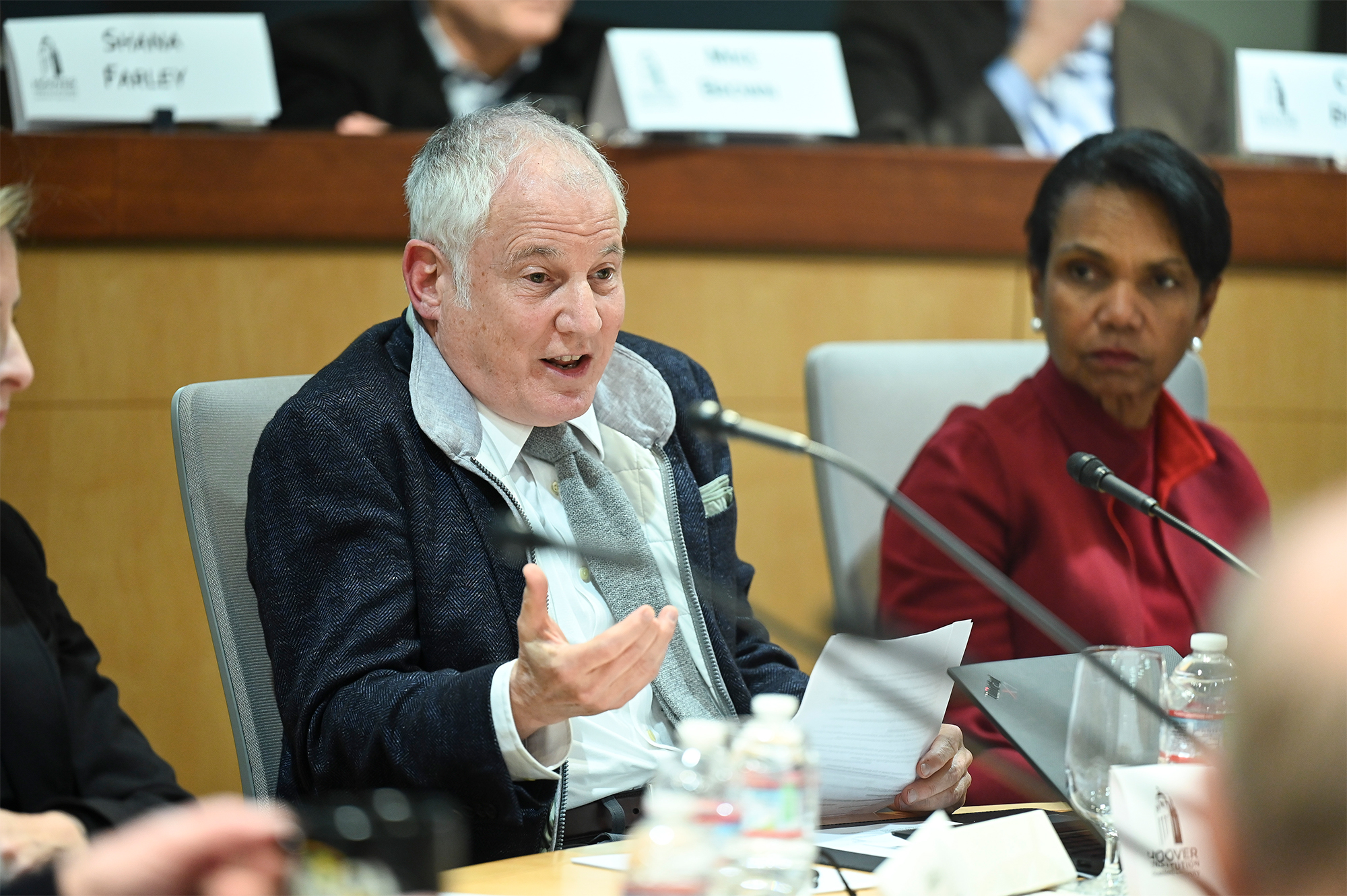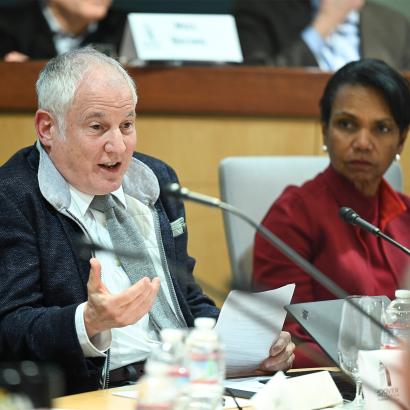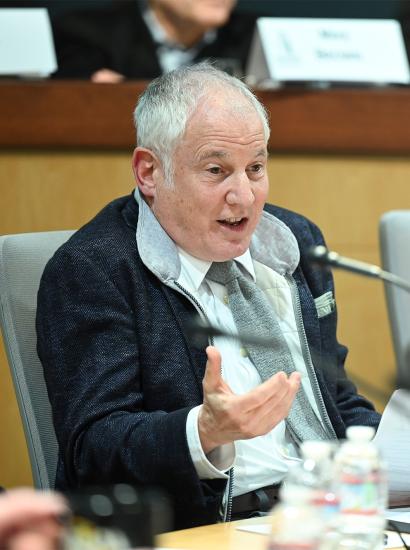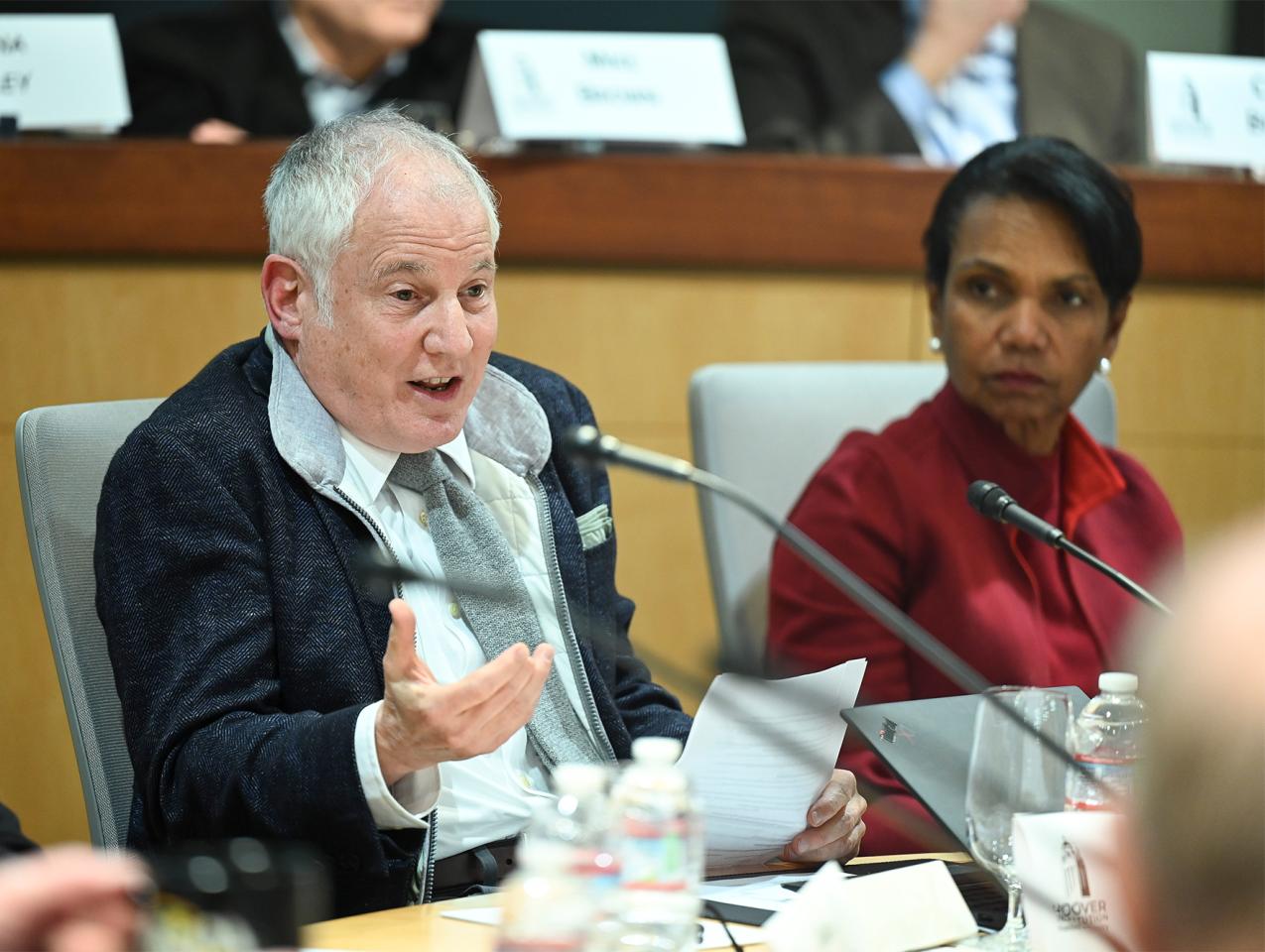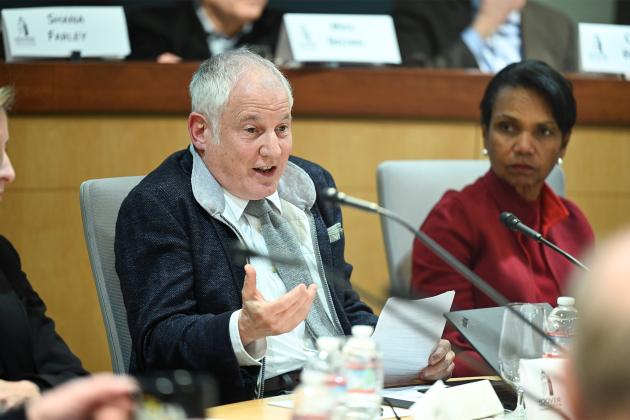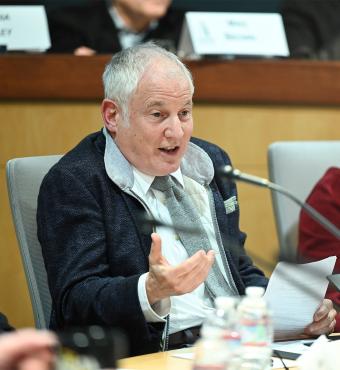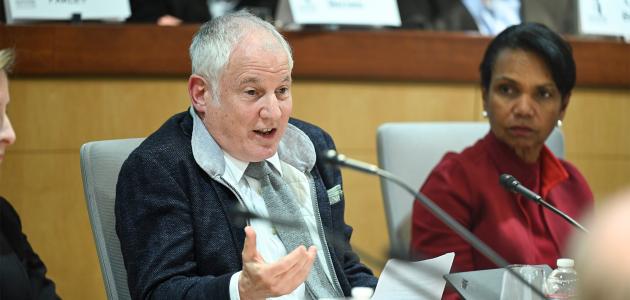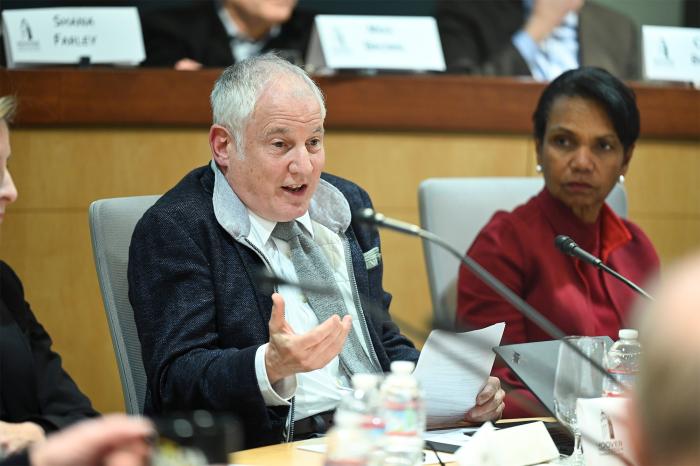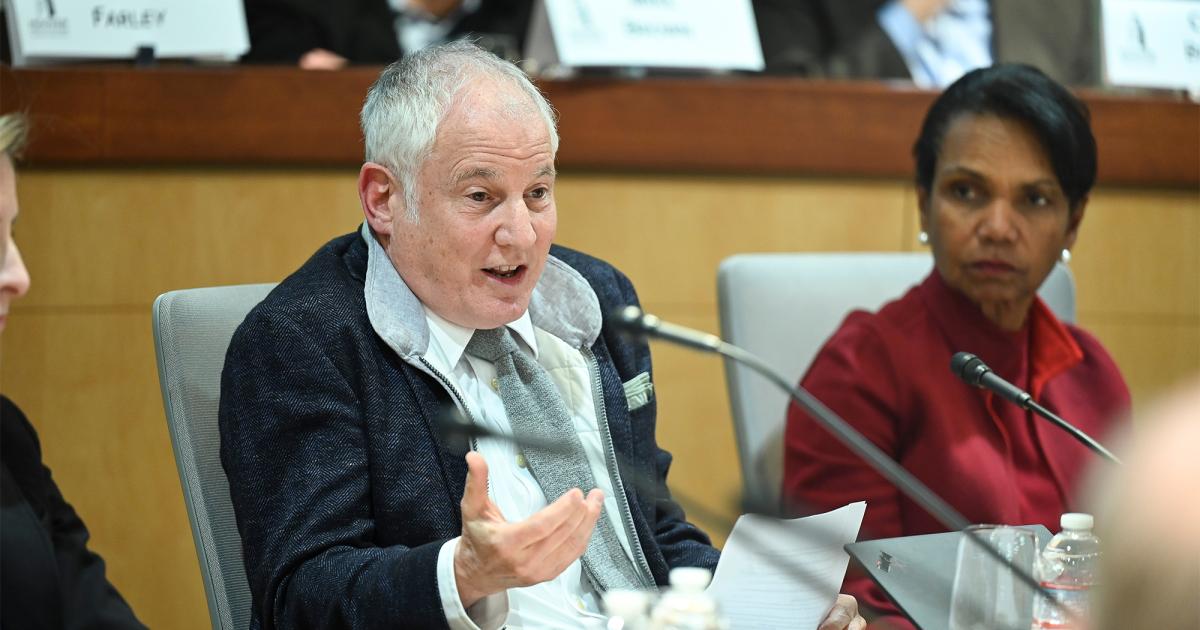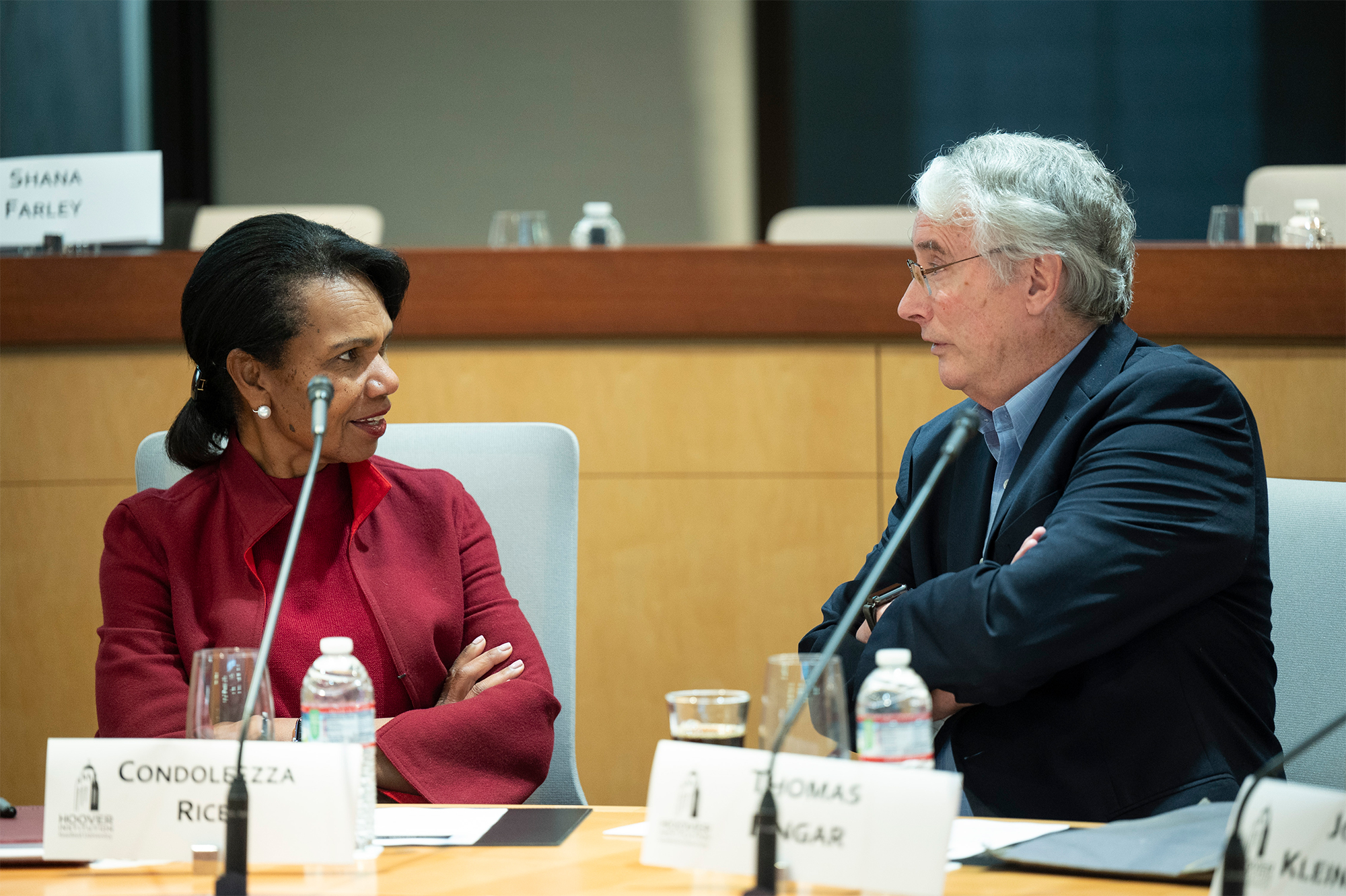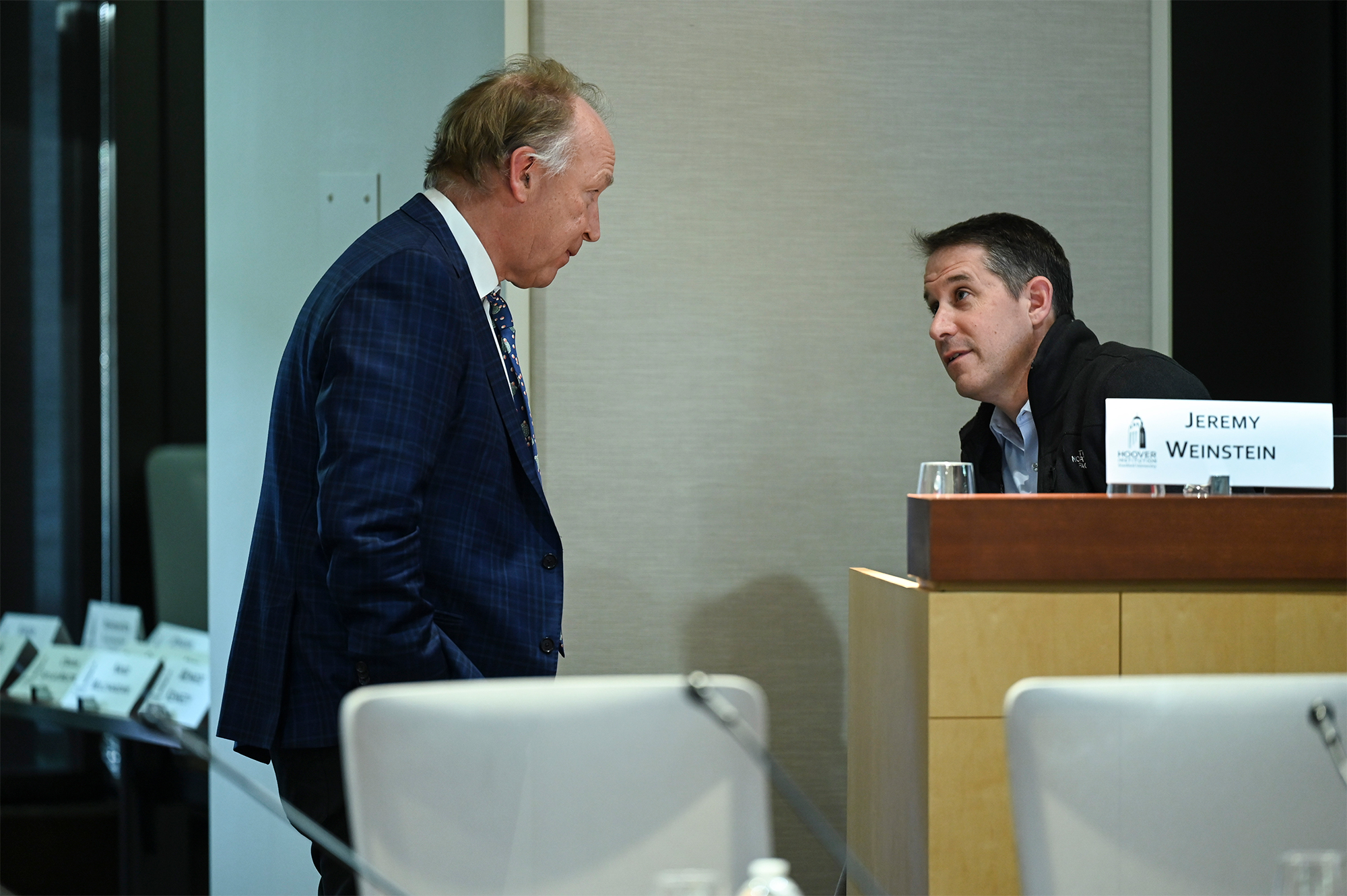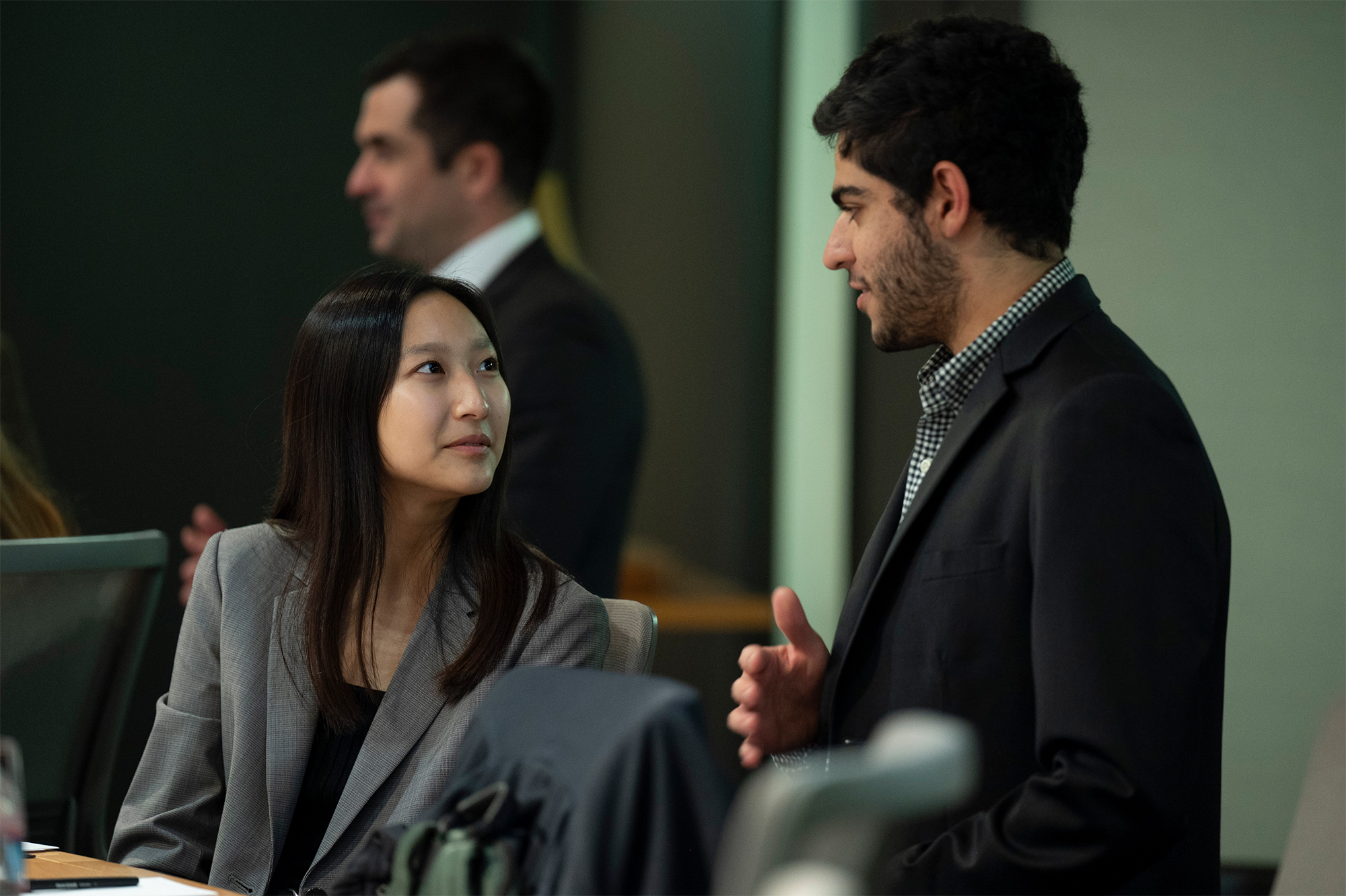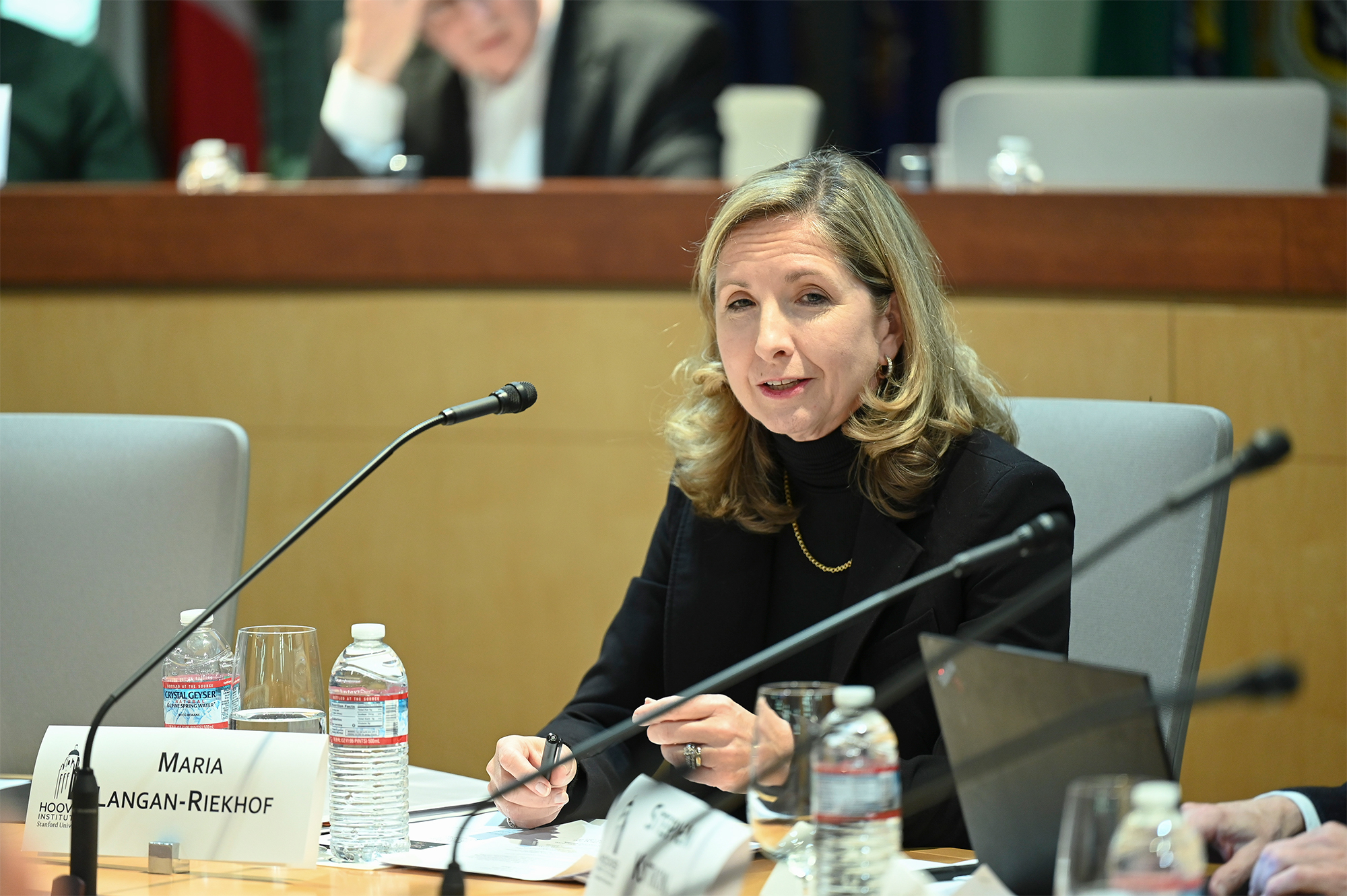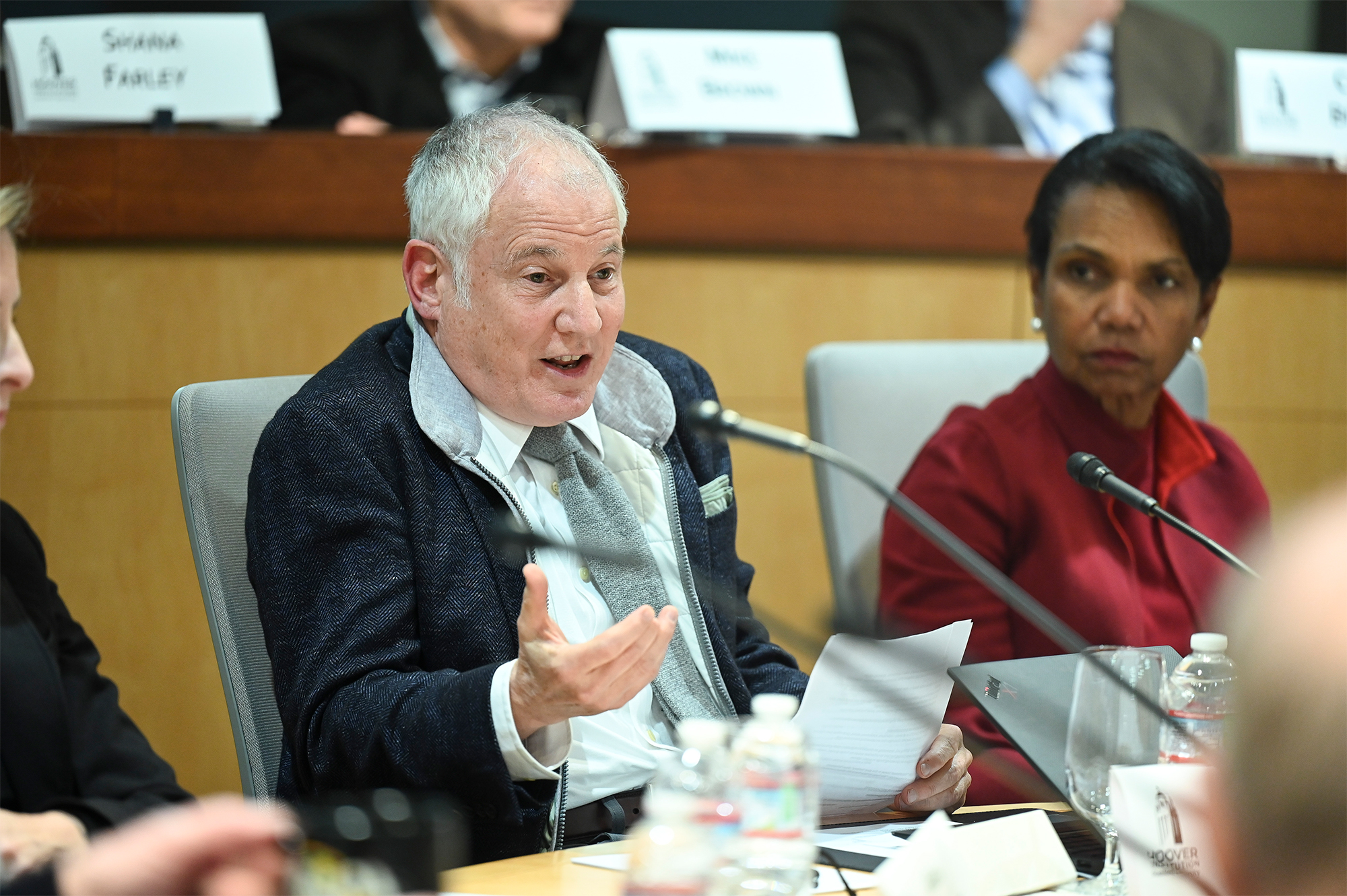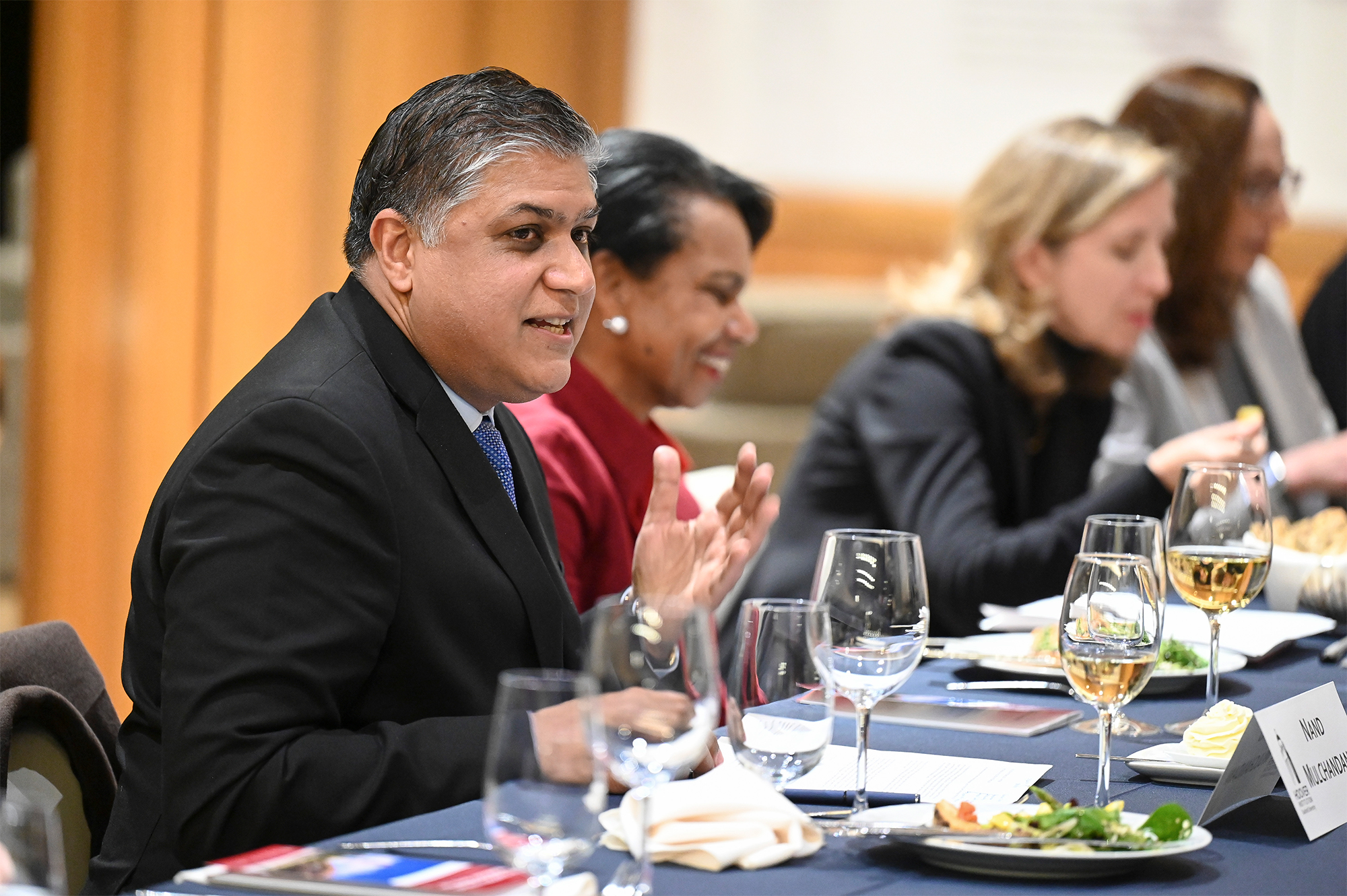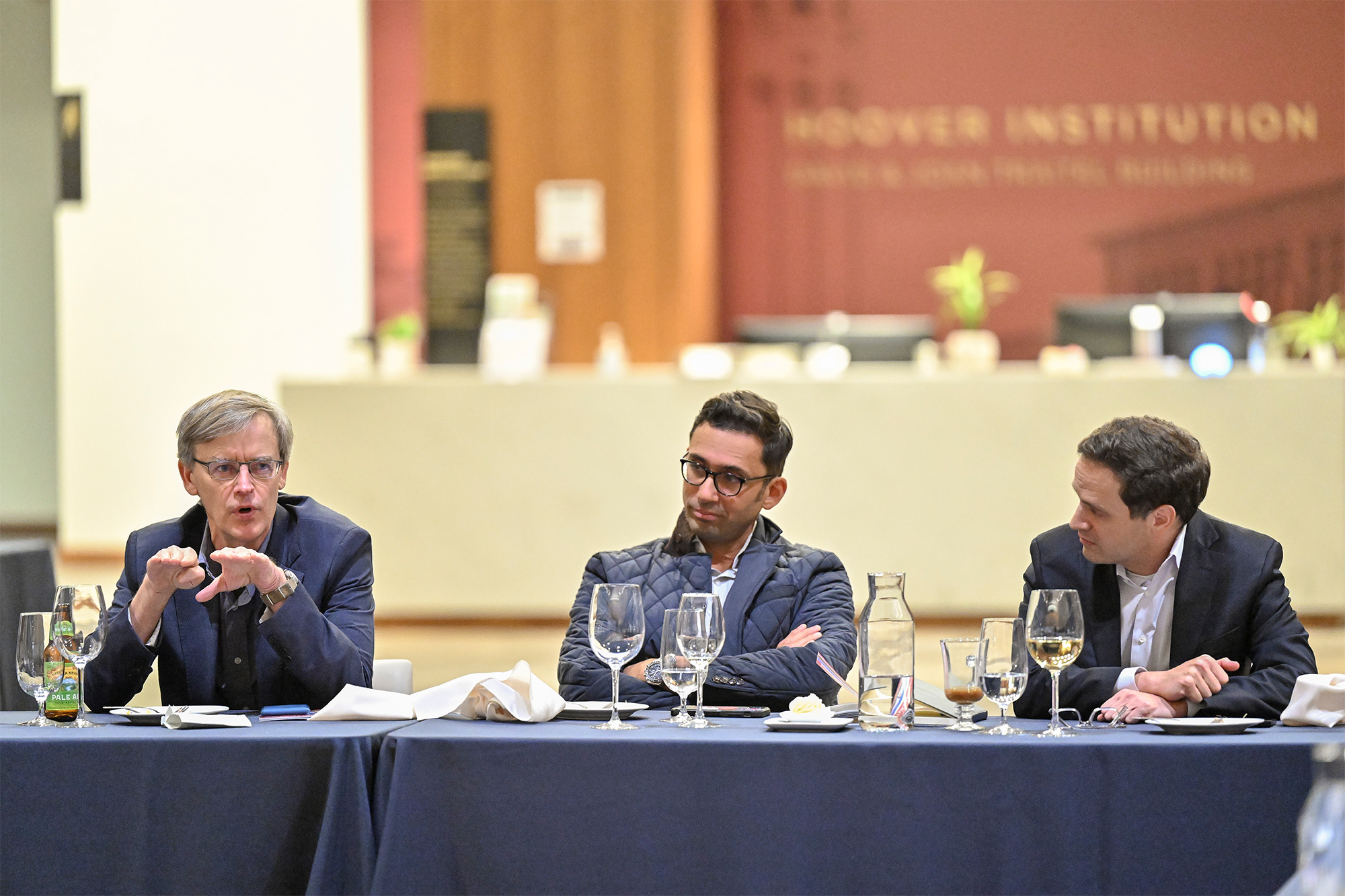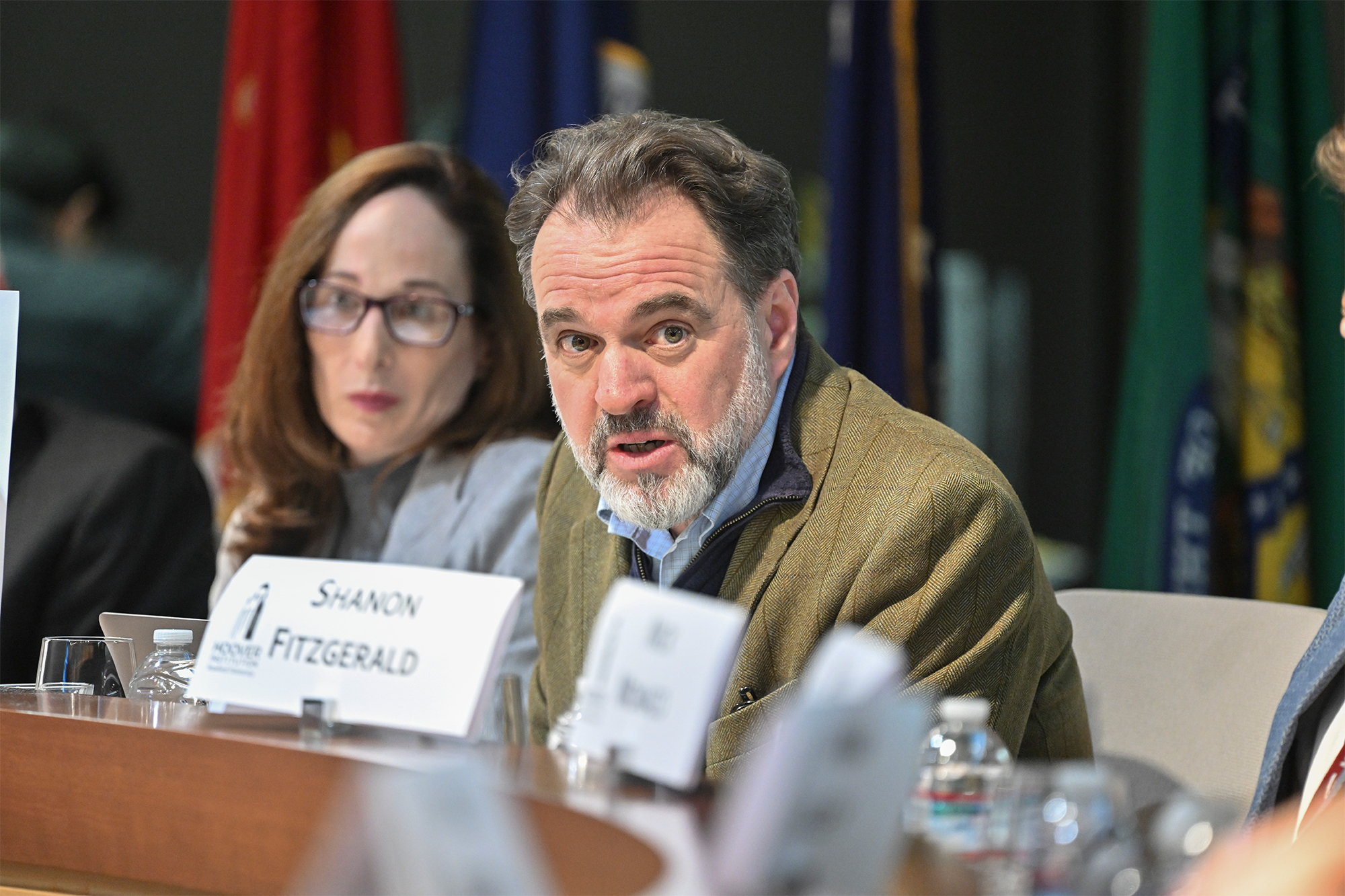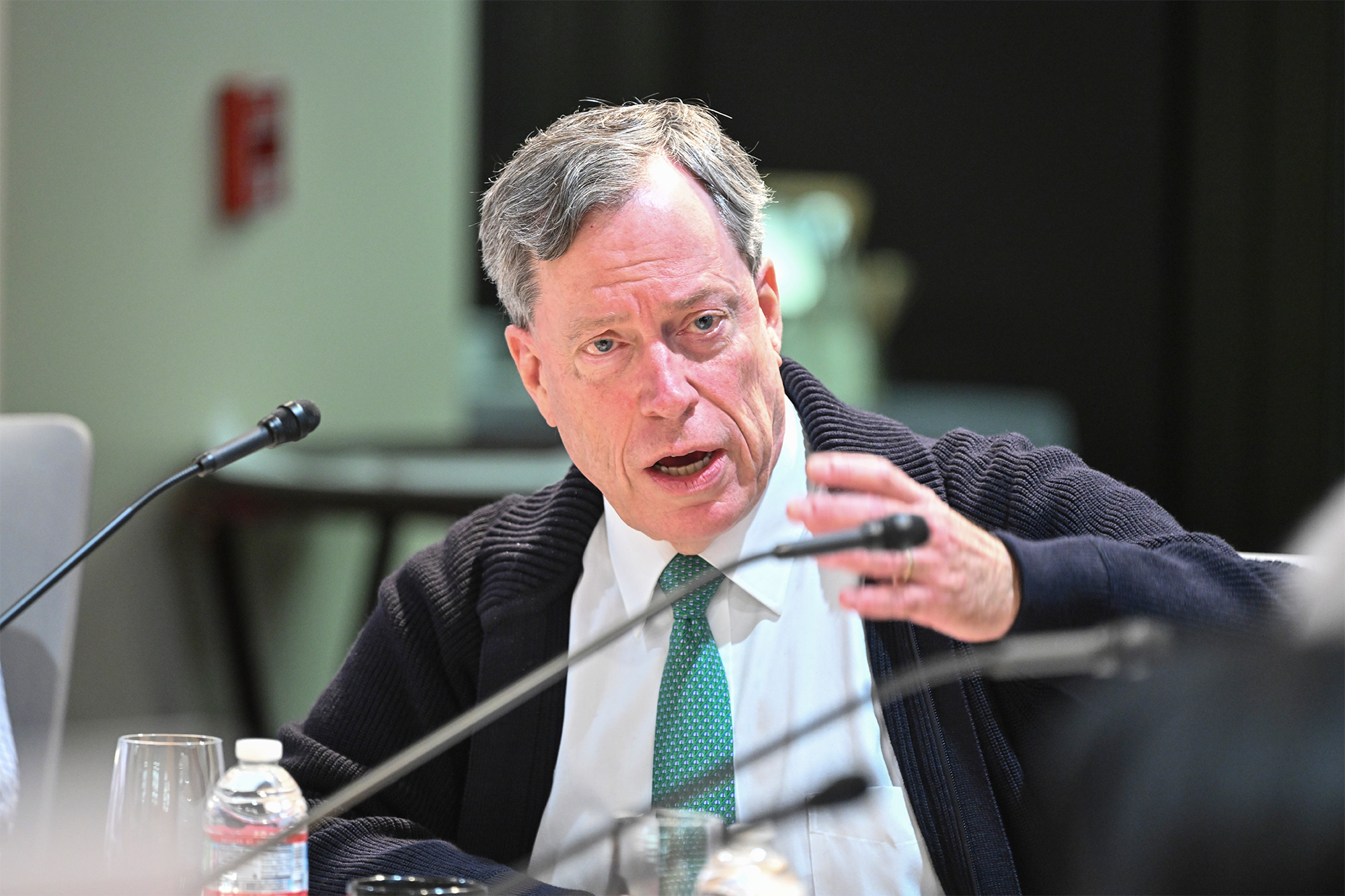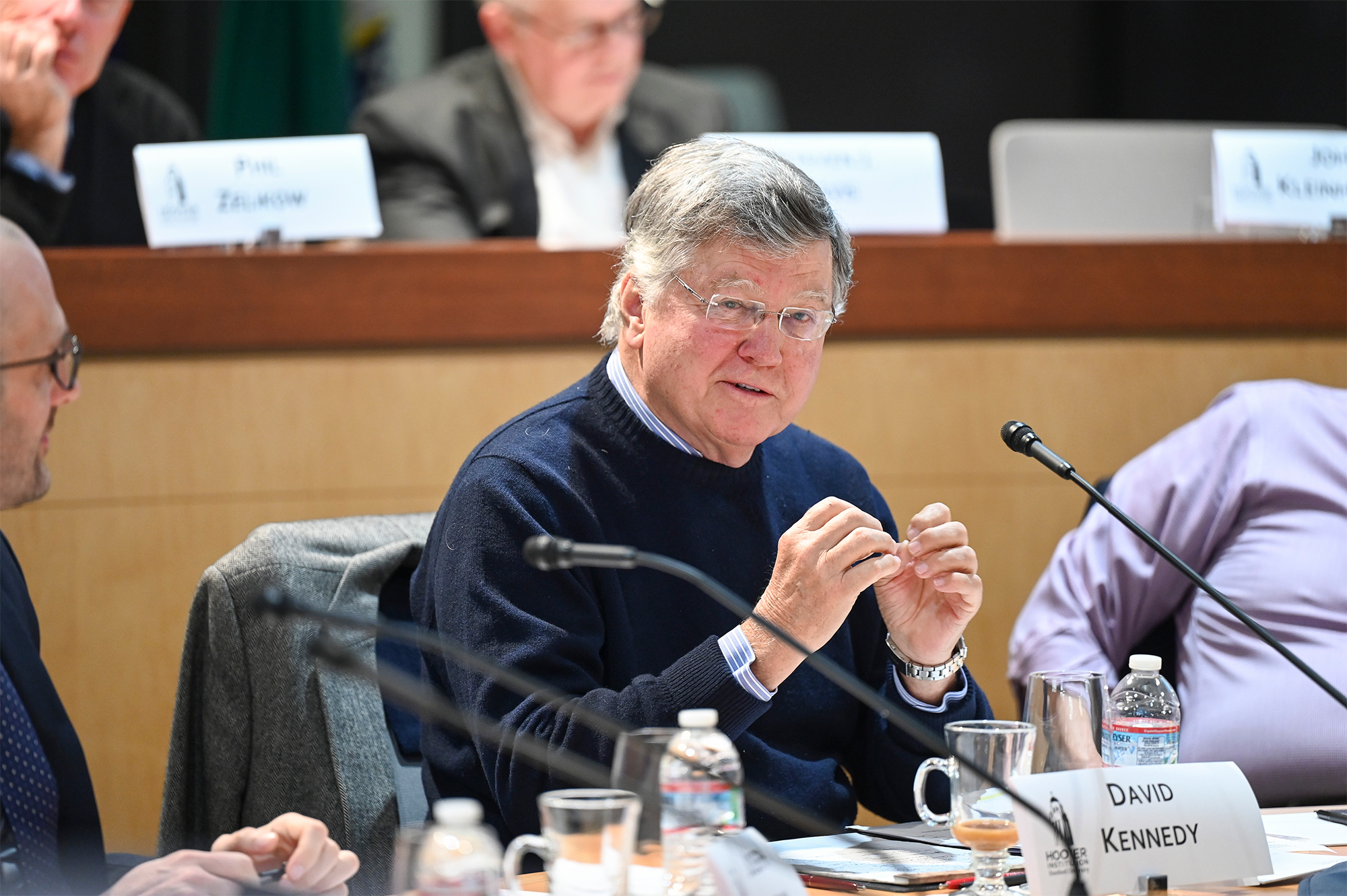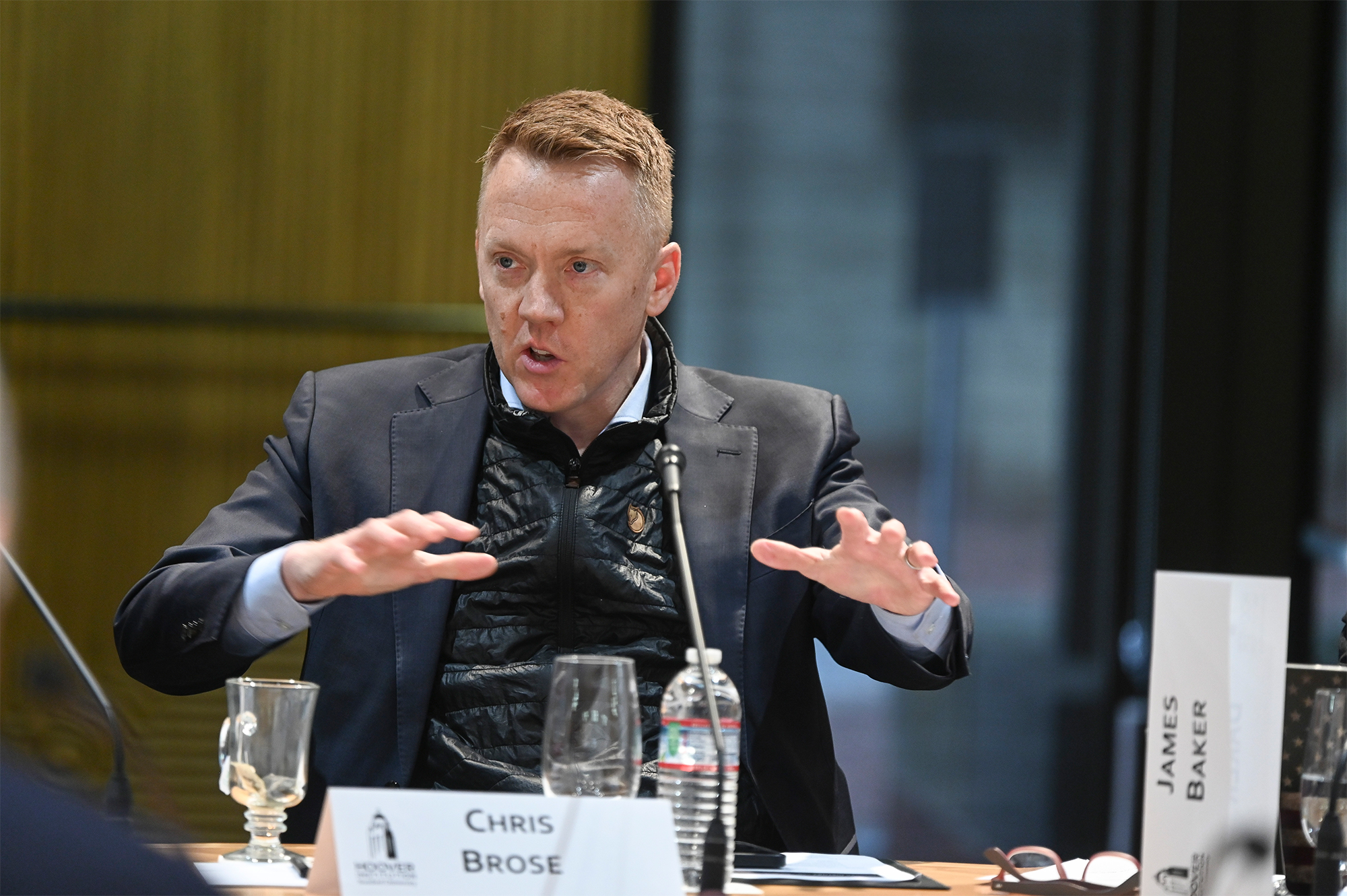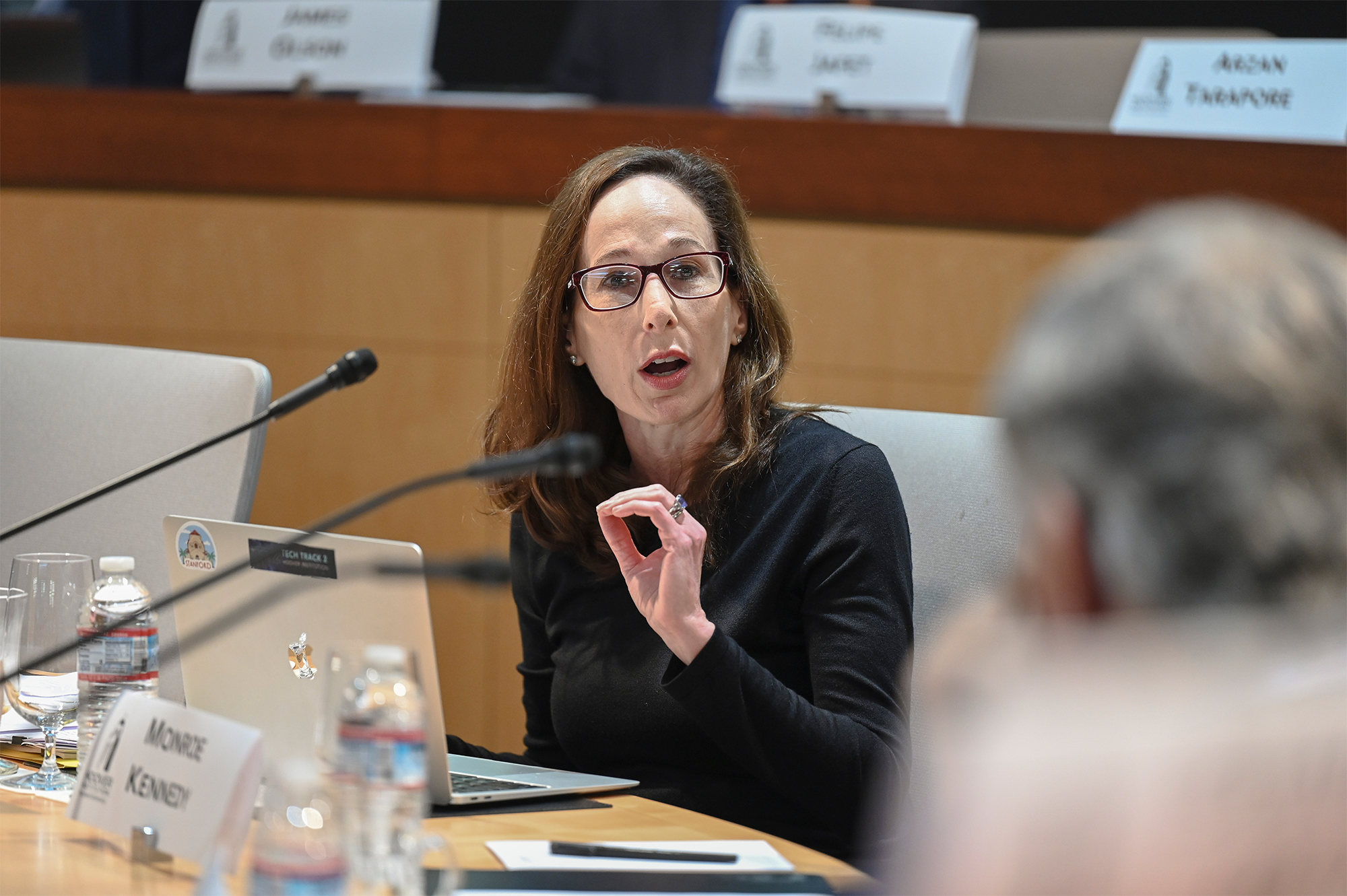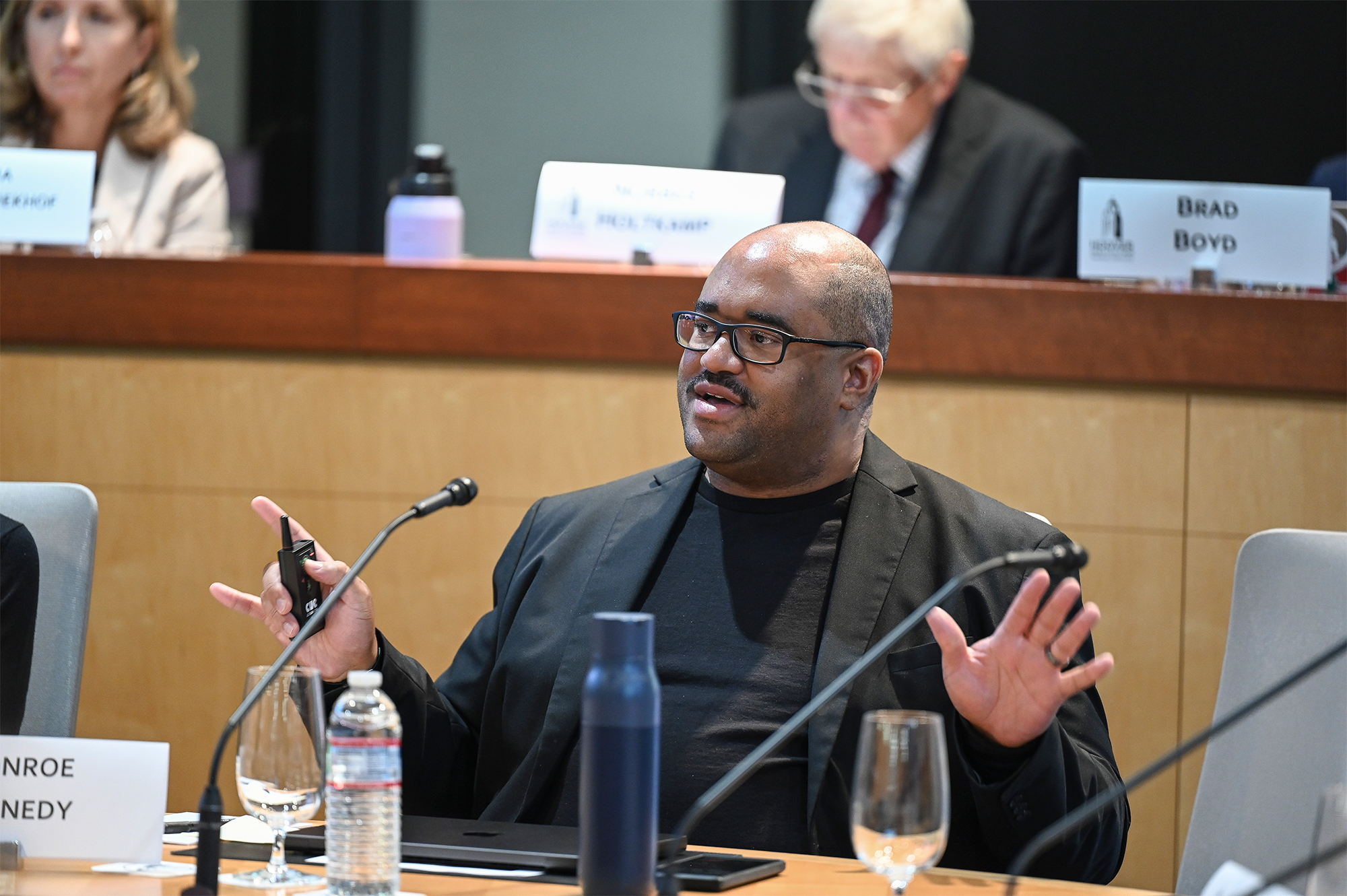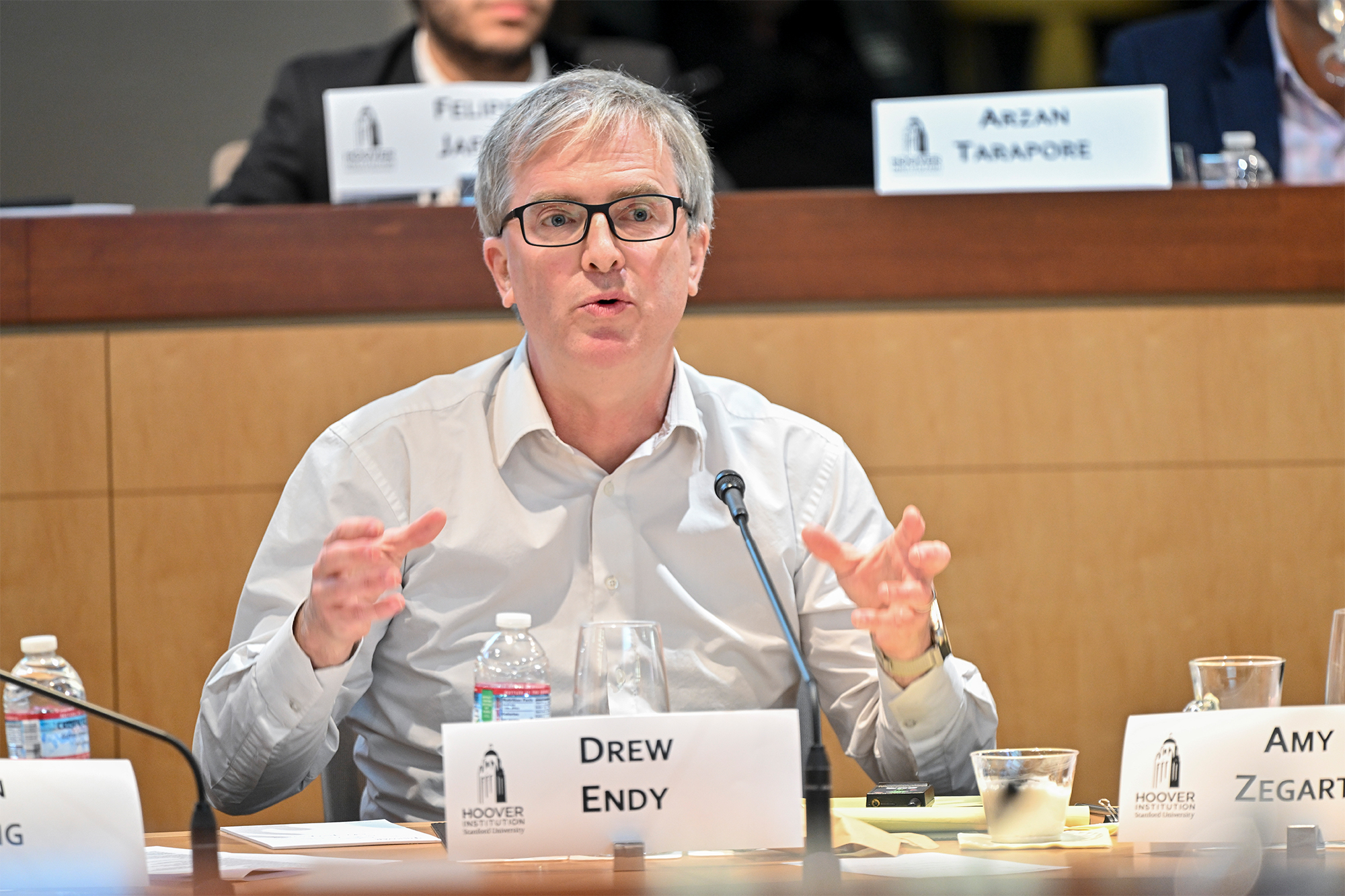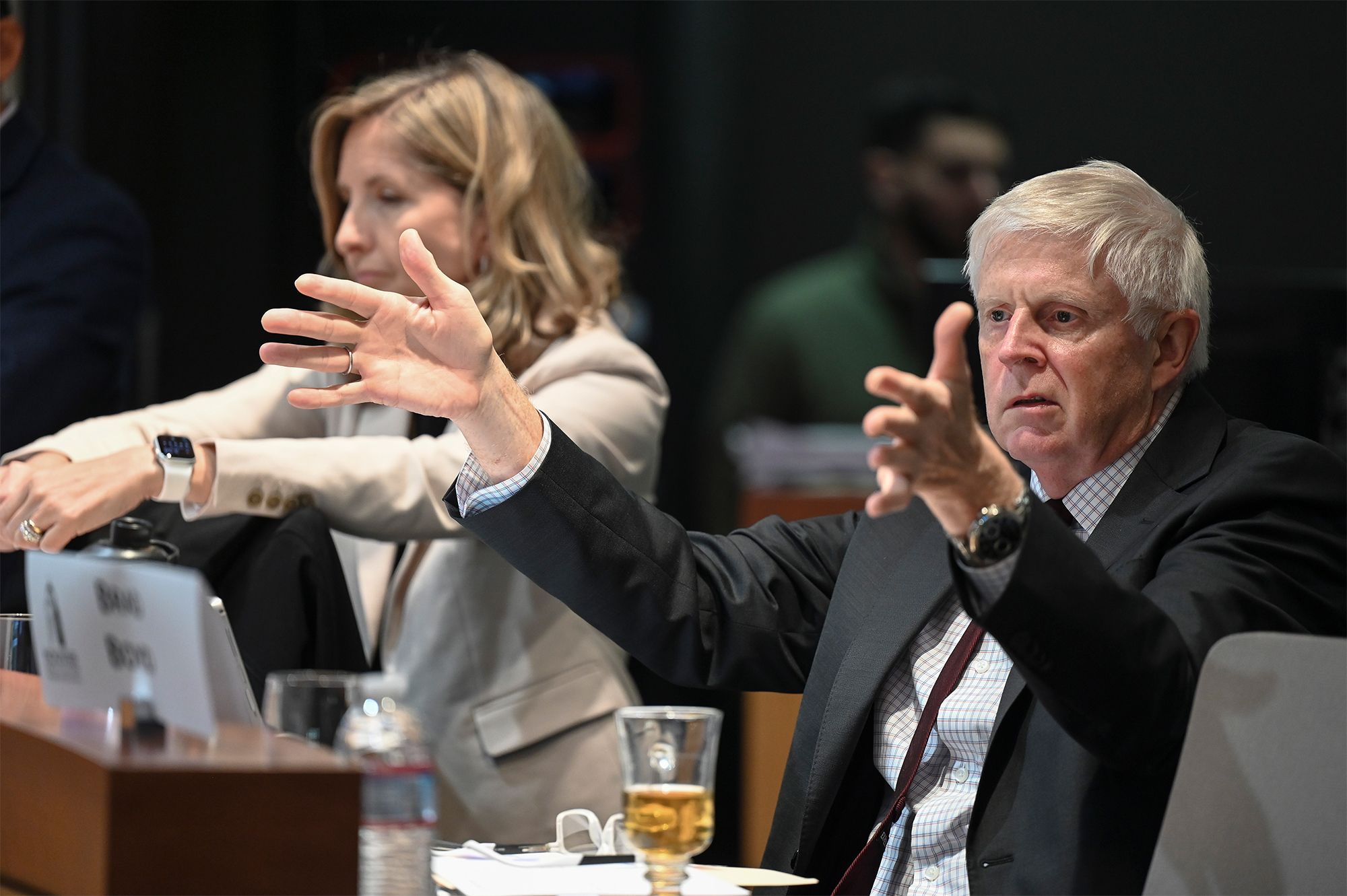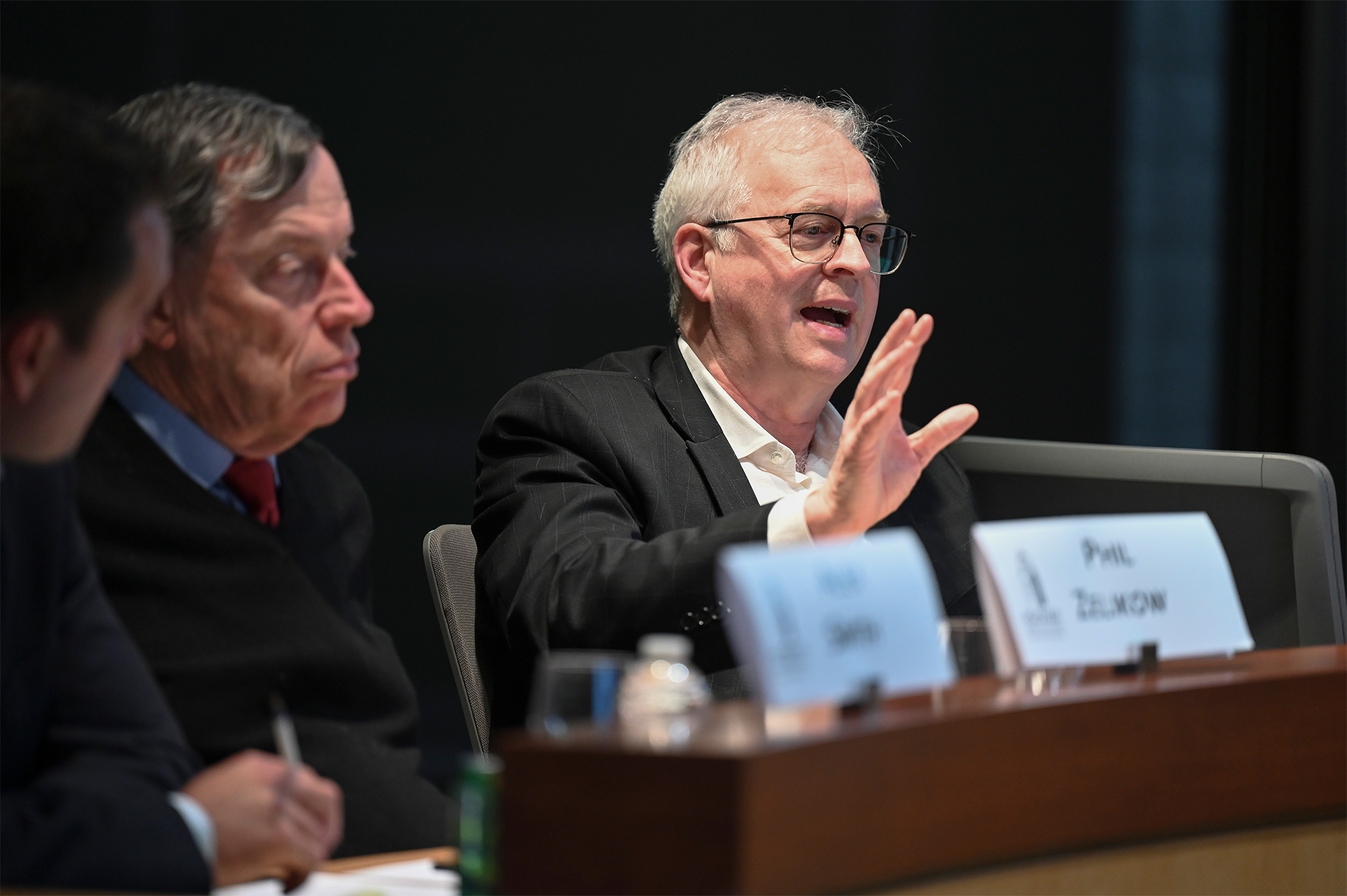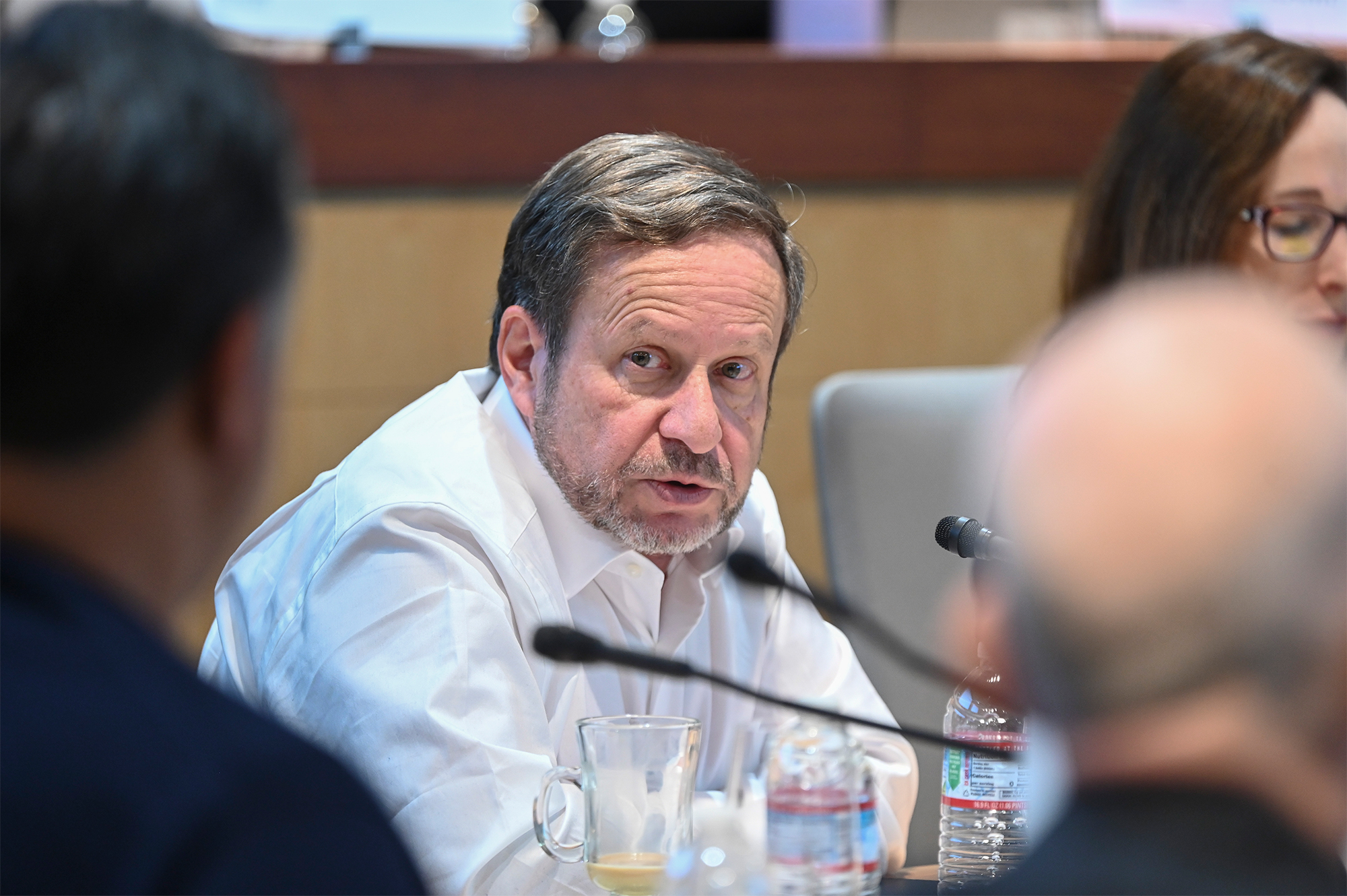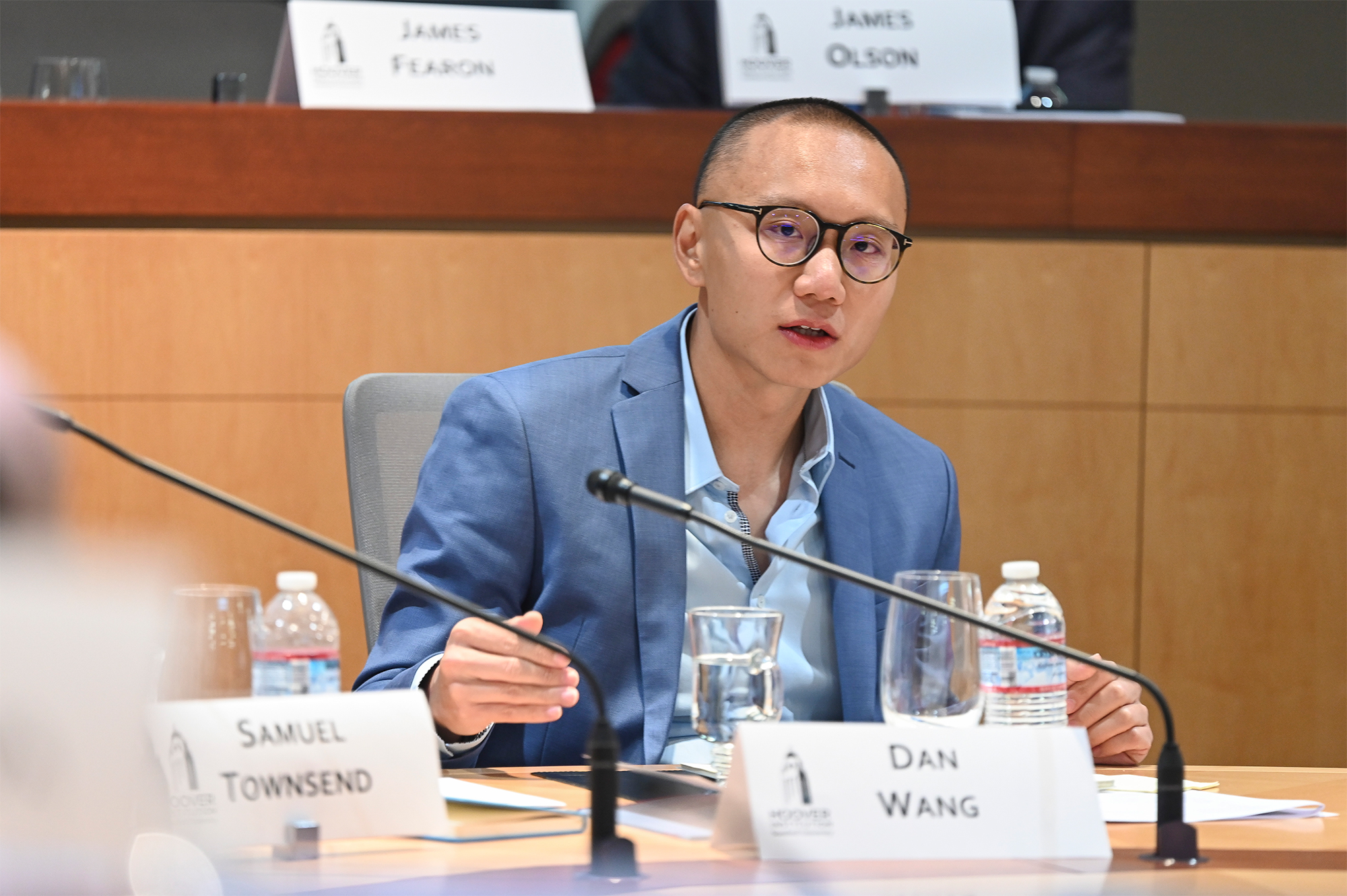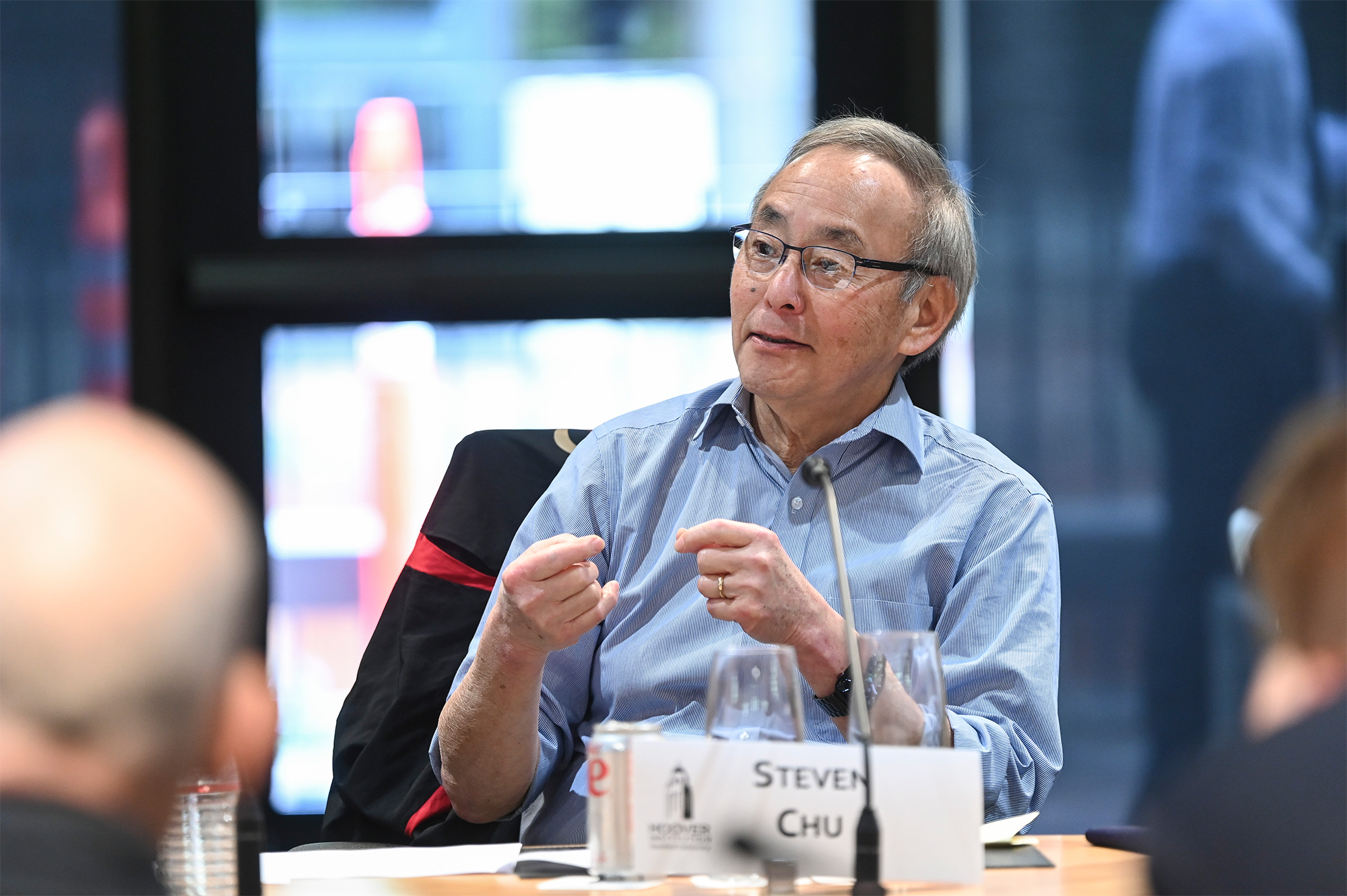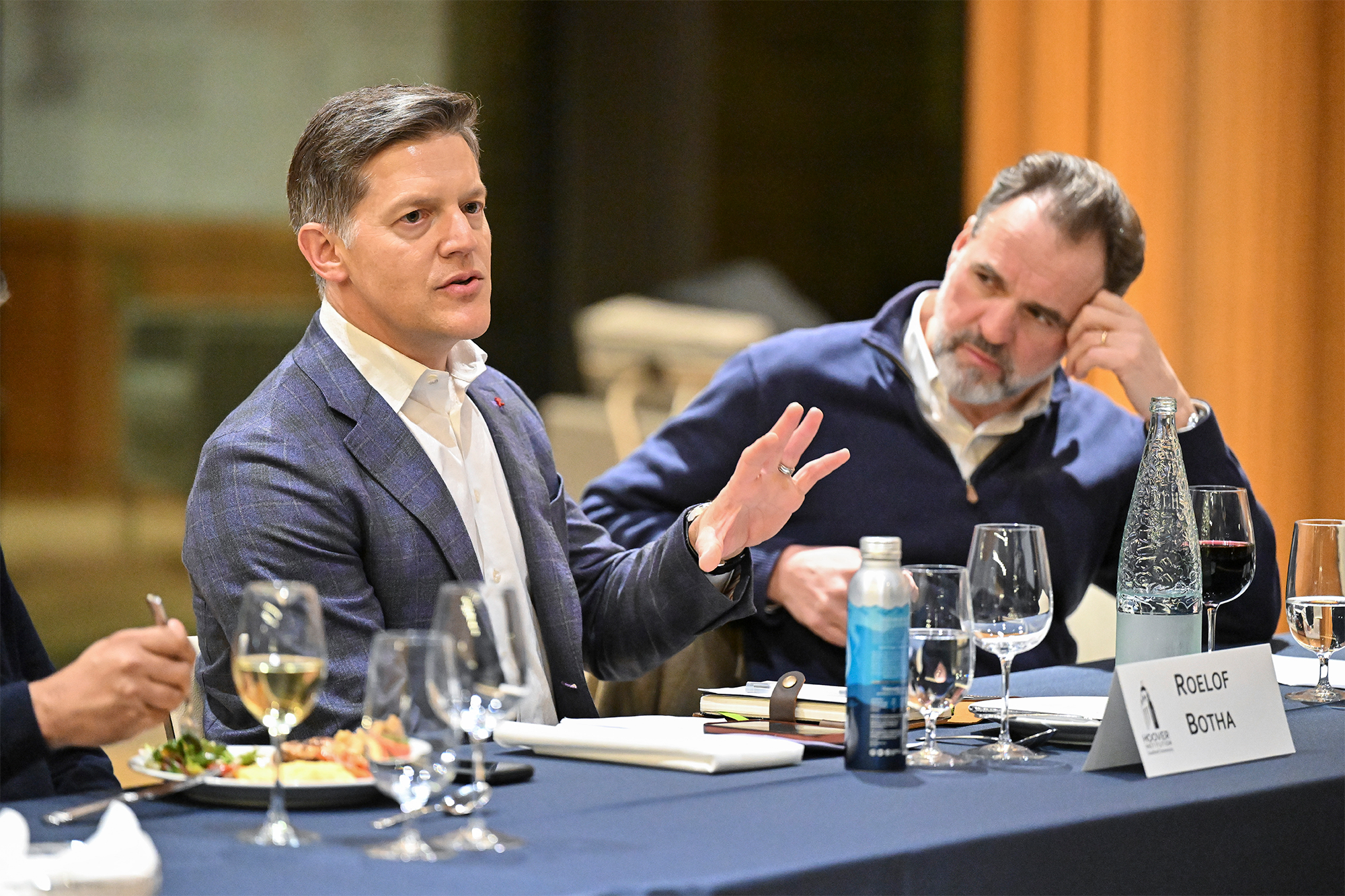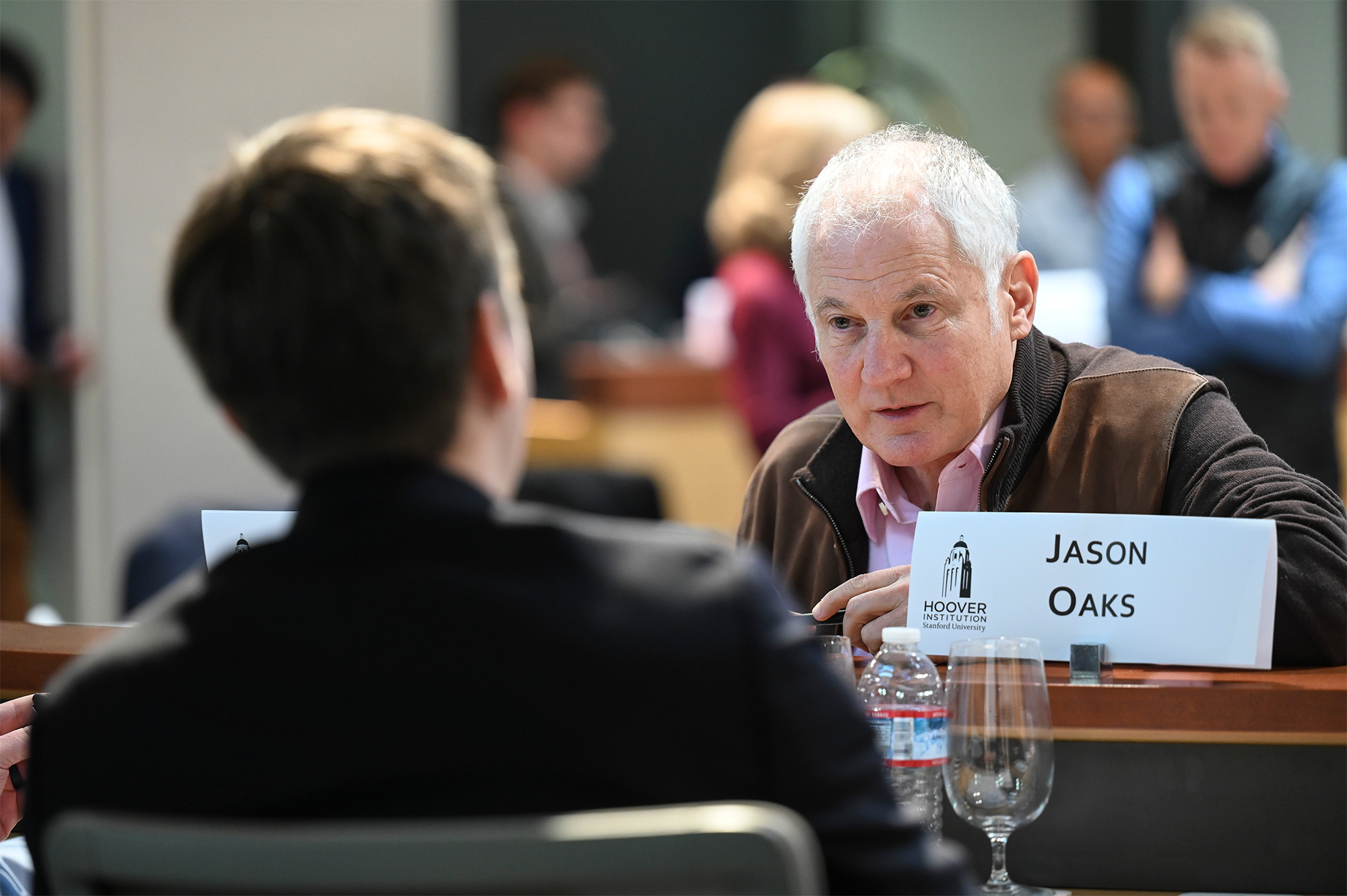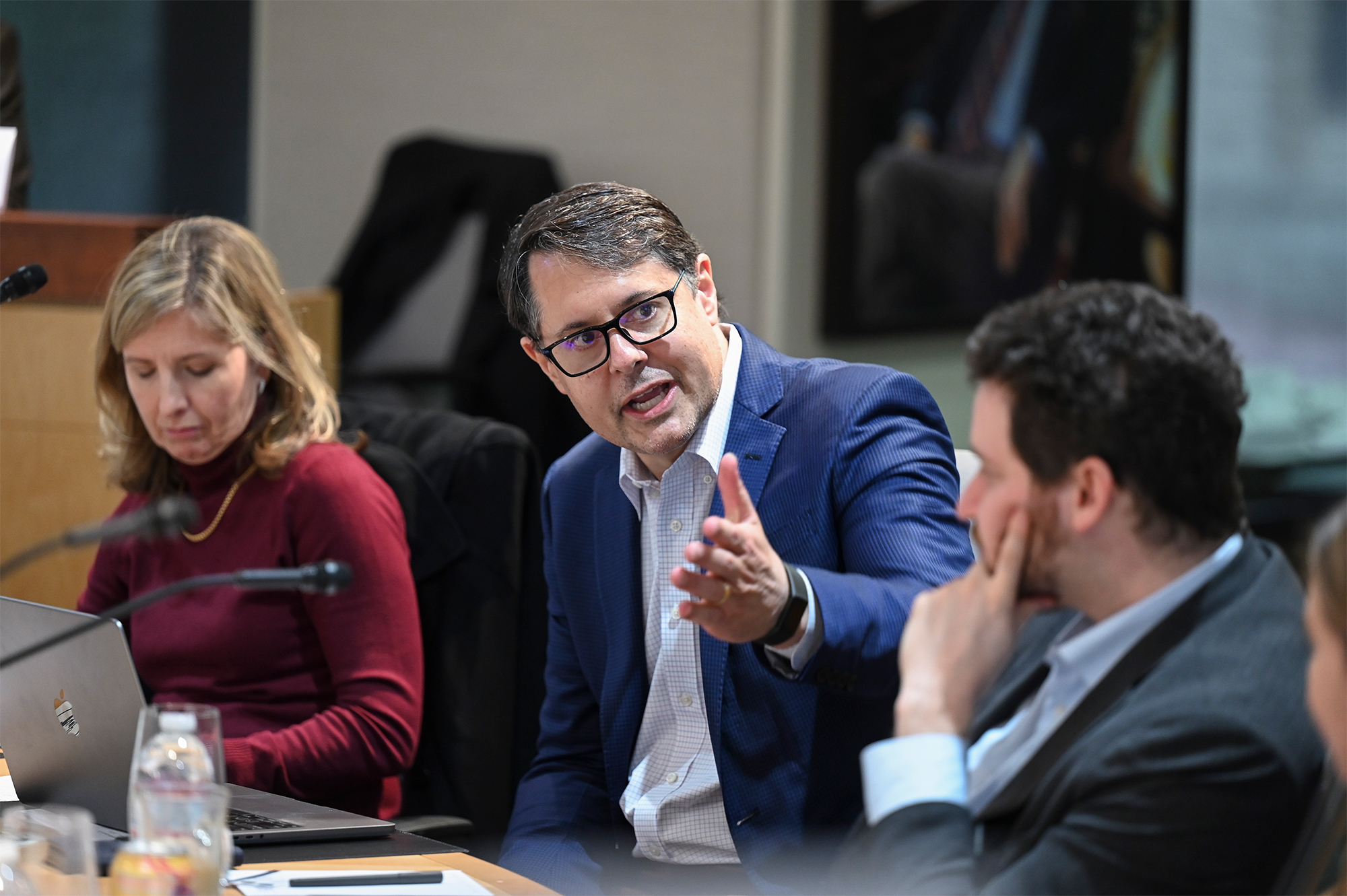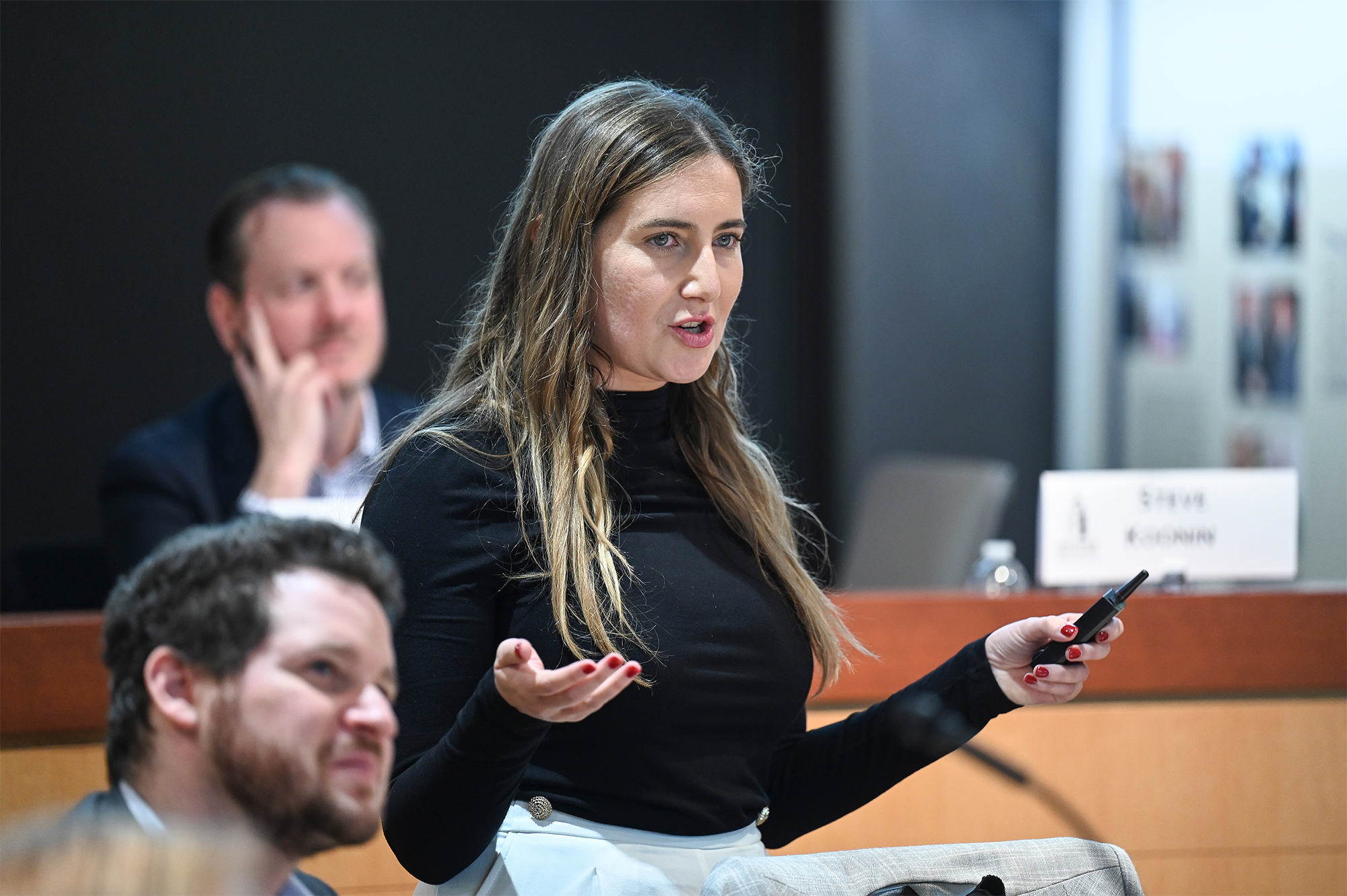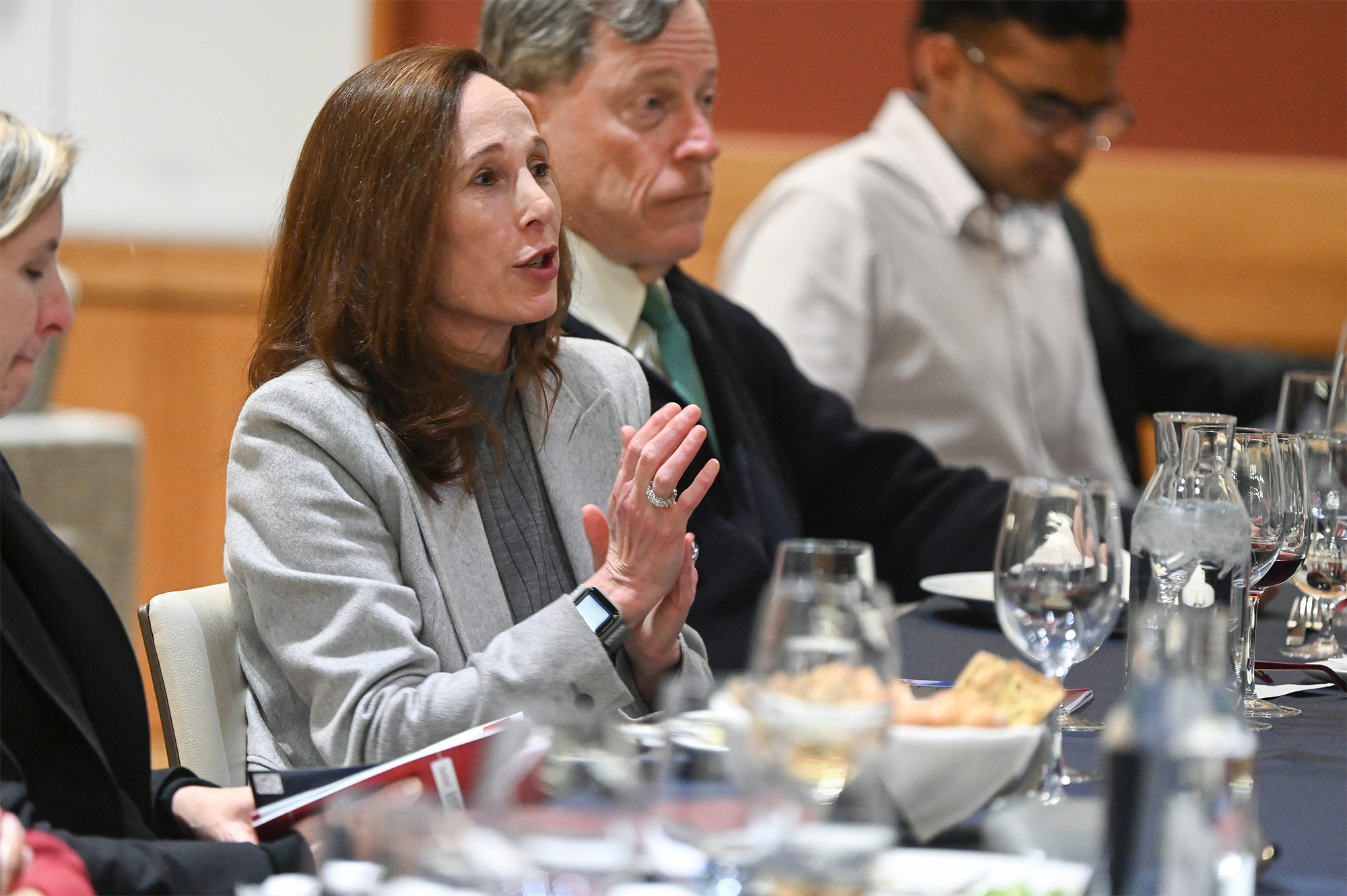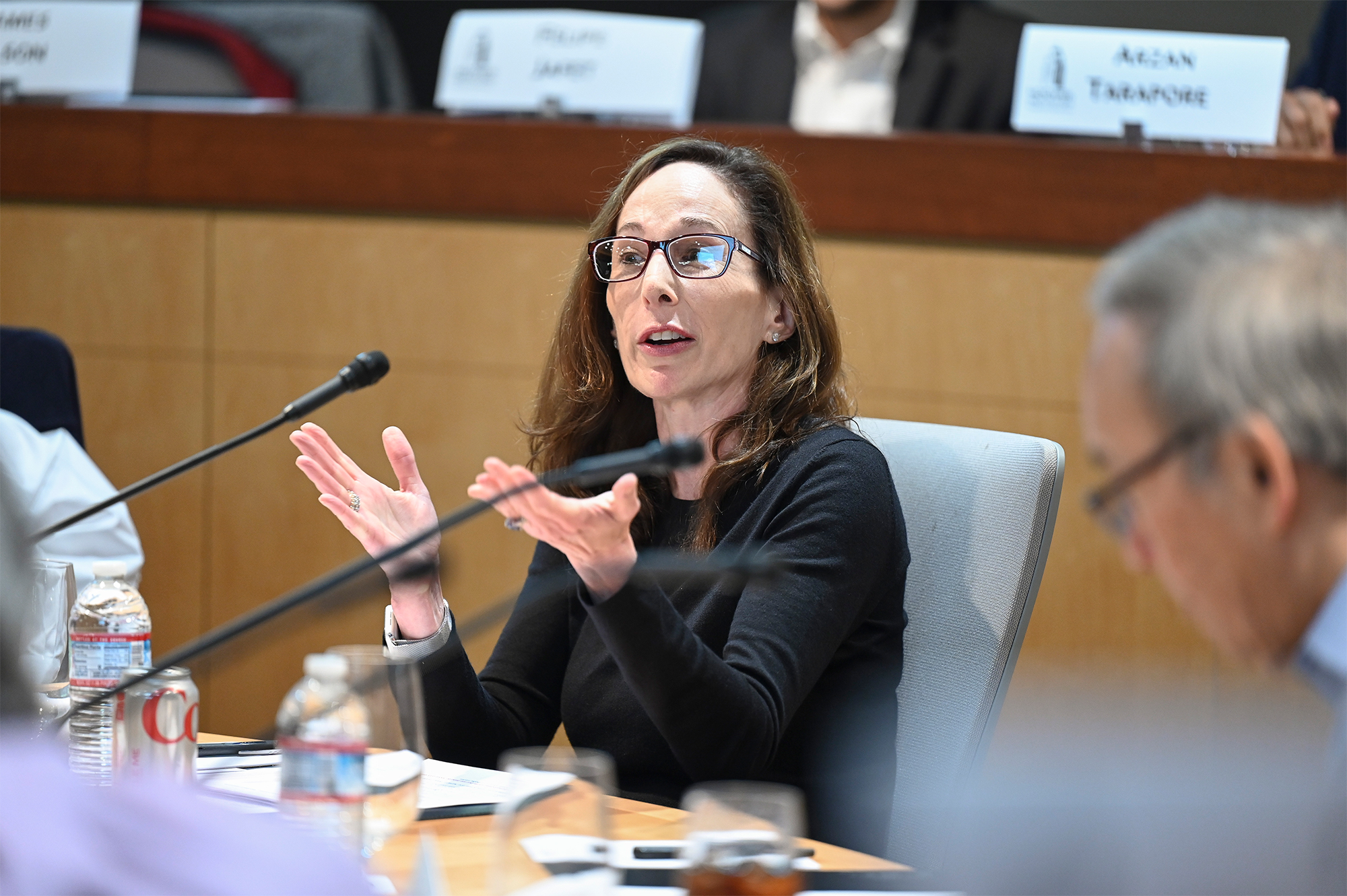The Hoover History Lab convened the second conference of its Global Futures project bringing together scholars, scientists, and private sector investors, as well as analysts from the National Intelligence Council (NIC), the Department of Defense, CIA, and Five Eyes allies for two and a half days (January 11-13, 2024). This year’s theme was, “The Changing Nature of Power?” The project is modeled on the unclassified Global Trends report issued every four years by the NIC. Attendees plumbed how well past analyses of comprehensive national power have aged, and the lessons for analysts undertaking such exercises in the current conjuncture. Serial sessions examined economic power, science, and tech power, hard or military power, alliance power, soft and sharp power, and new forms of power. They assessed how these dimensions of power interact, and how they might evolve and could be shaped by policymakers over the next ten or even twenty years. Every variable seemed to be in motion, and there were more of them. A special session took up shifts in human agency amid advances in biotechnology and robotics. AI can wield power without an agent. A sense of acute uncertainty permeated the gathering.
Attendees considered whether attention to the issue of power rises or falls depending on national security confidence levels. They also considered the need to elucidate the purpose of power: offensive (to create something in the world) or defensive (to preserve and protect). Deterrence wafted through the conversations. Governance breakdowns seem to be multiplying, but the causes remained in dispute and the scope of ungovernability unclear. Analogies to historical periods provoked spirited exchanges. Many attendees asserted that the world had lost its equilibrium, but supposed global realignments, particularly an à la carte approach by many states, proved hard to pin down. India’s paradoxes got debated. Influence operations, in reference to Russia and China, probed the profound challenges to the conventions by which we determine truth. Erosion of trust is ultimately homegrown, of course, including by those fulminating about it. Perceptions of power surfaced as worthy of greater analysis. Preoccupation with the U.S.-China rivalry dominated the conference at times but so did the puzzle of U.S. power, whose many-sidedness emerged as perhaps the key subject fur further analysis. A student-only dinner for American intelligence analysts in attendance culminated the conference.







